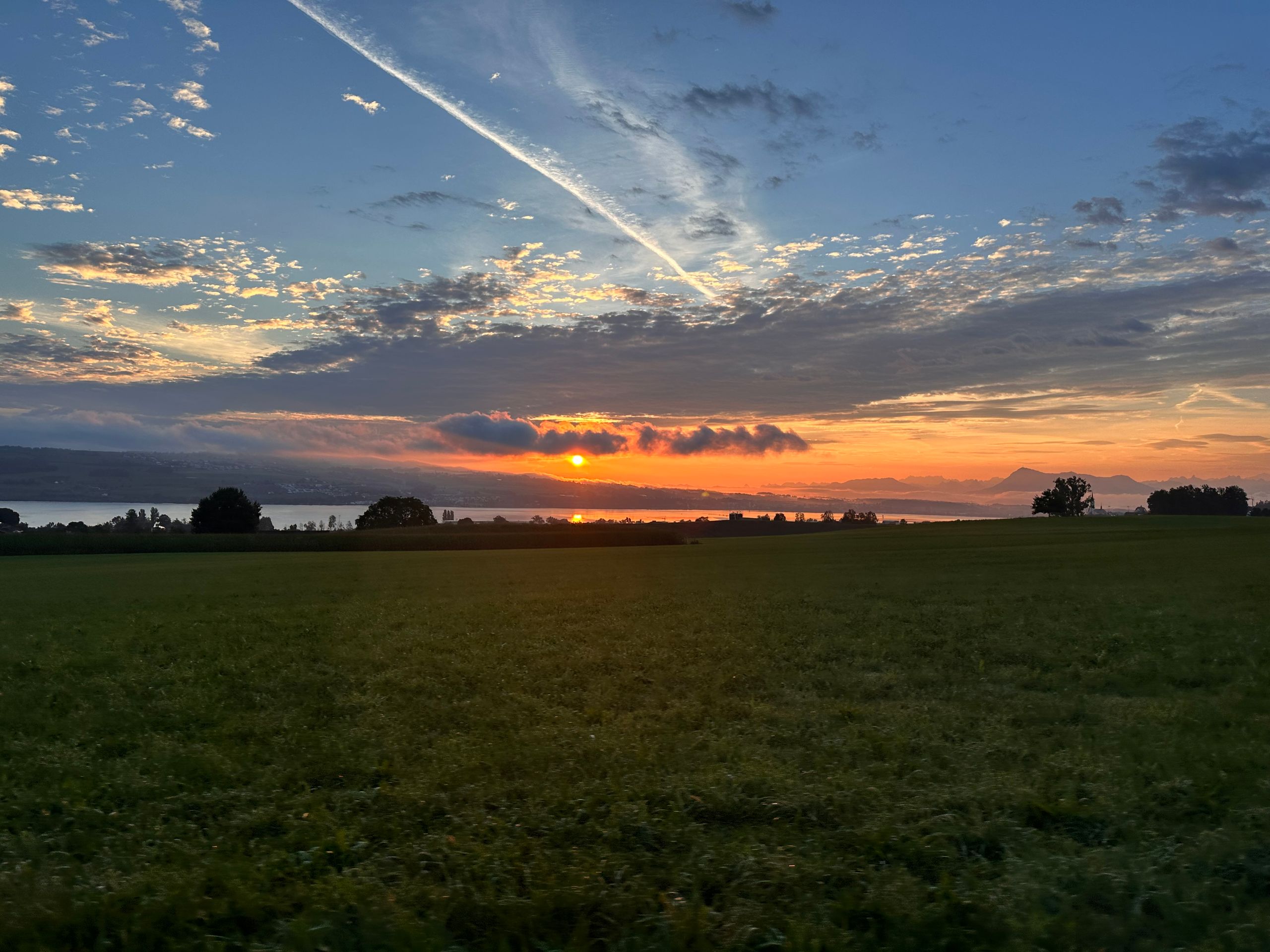
compostellas-herbstzeit
vakantio.de/compostellas-herbstzeit
Costa Brava, Construction Flaws vs Beautiful Beaches
Wotae: 14.10.2024
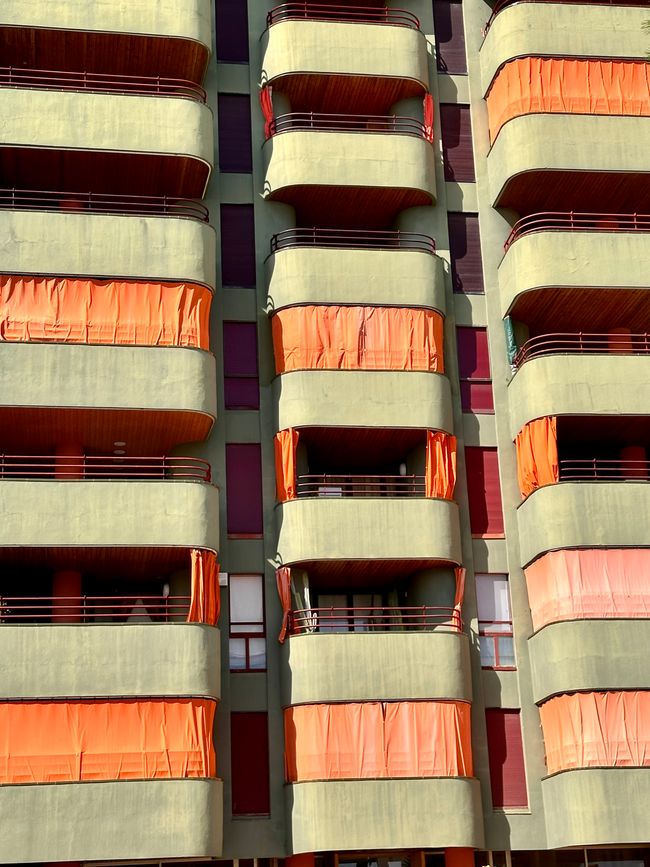
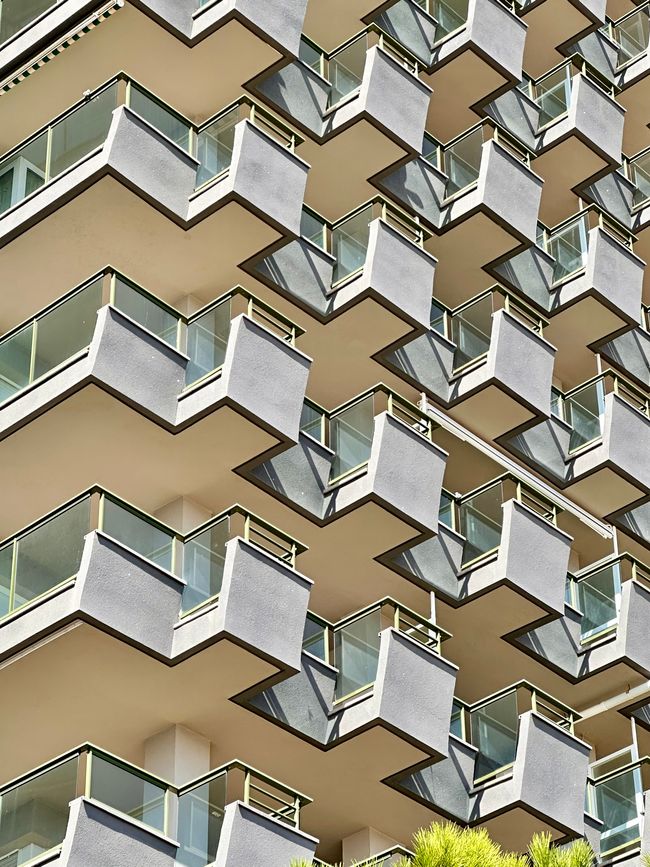
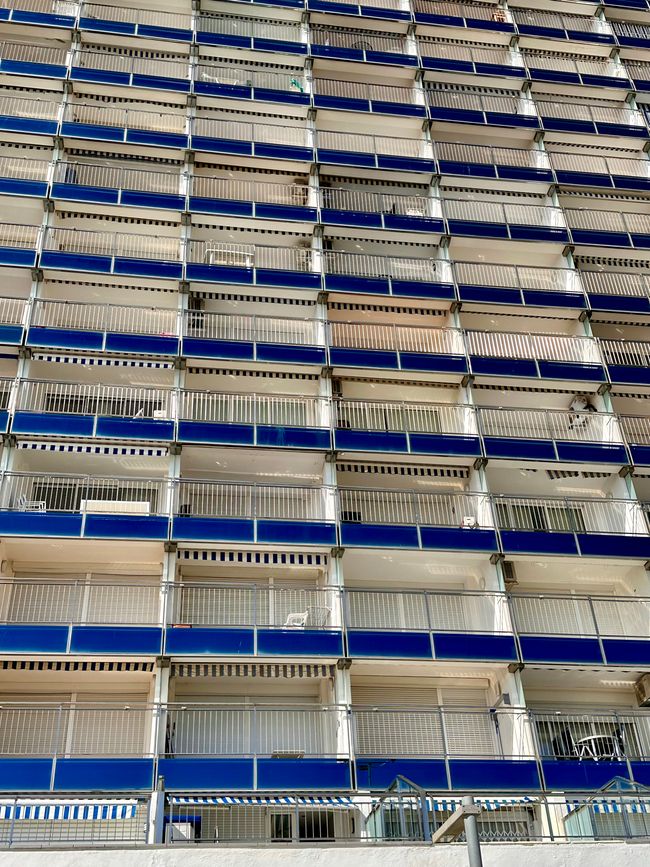
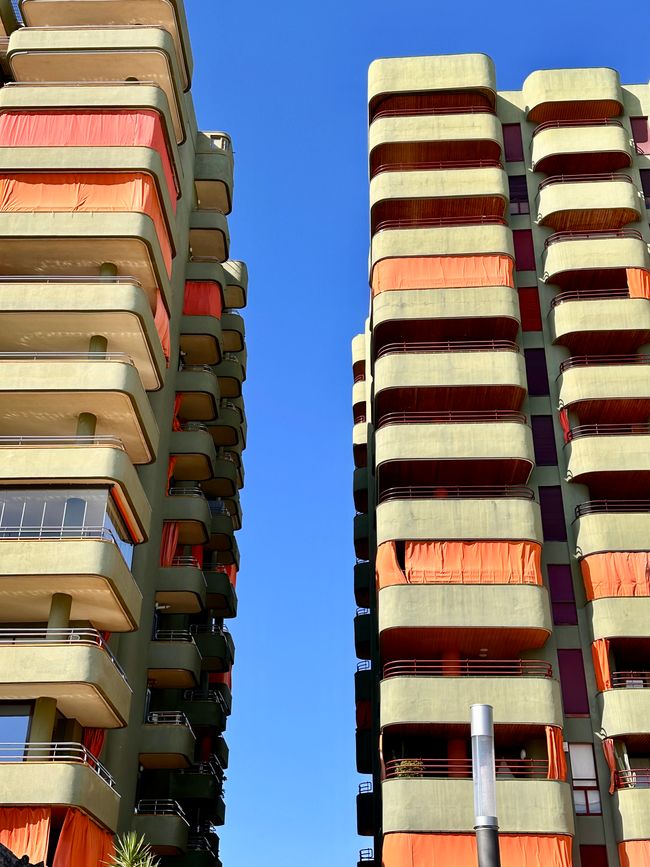
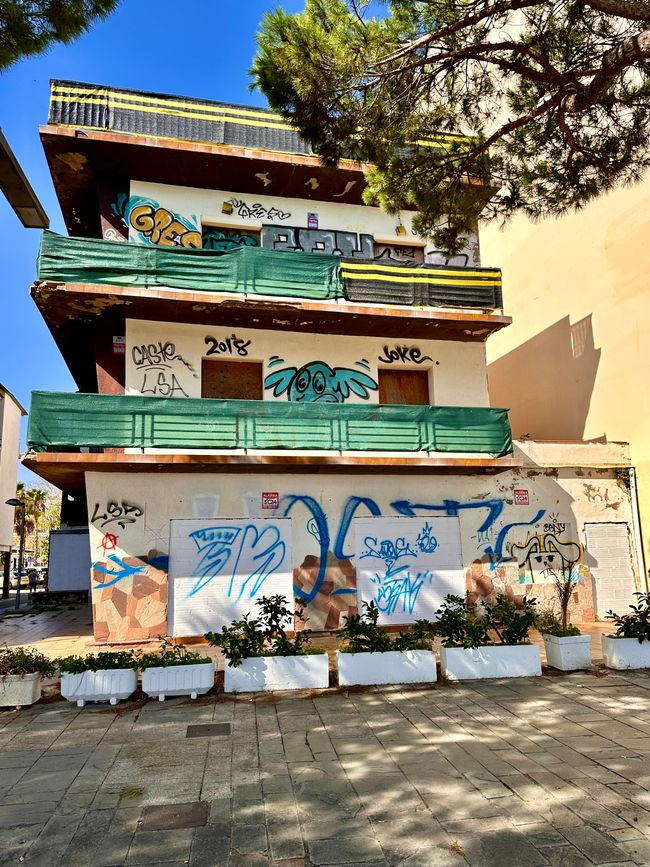
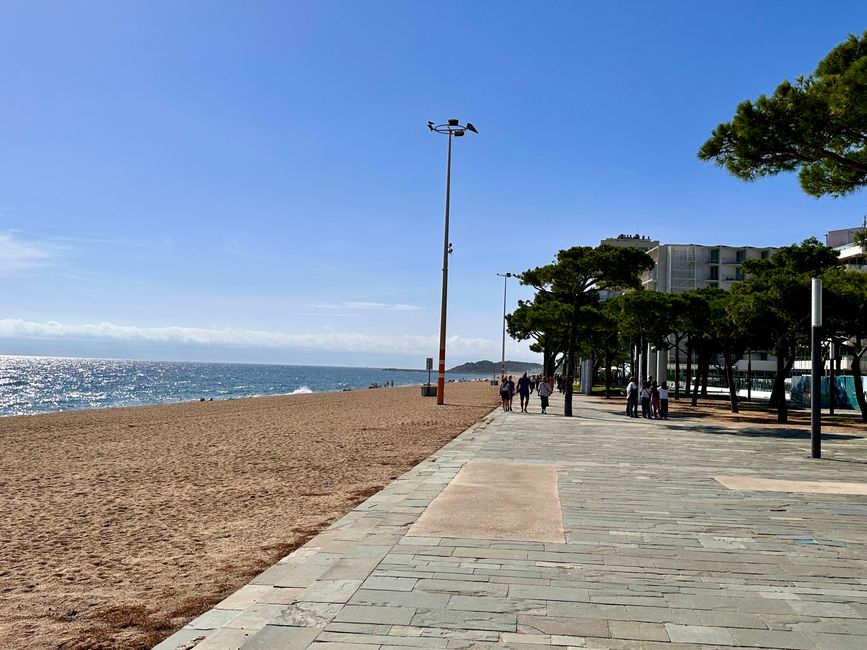
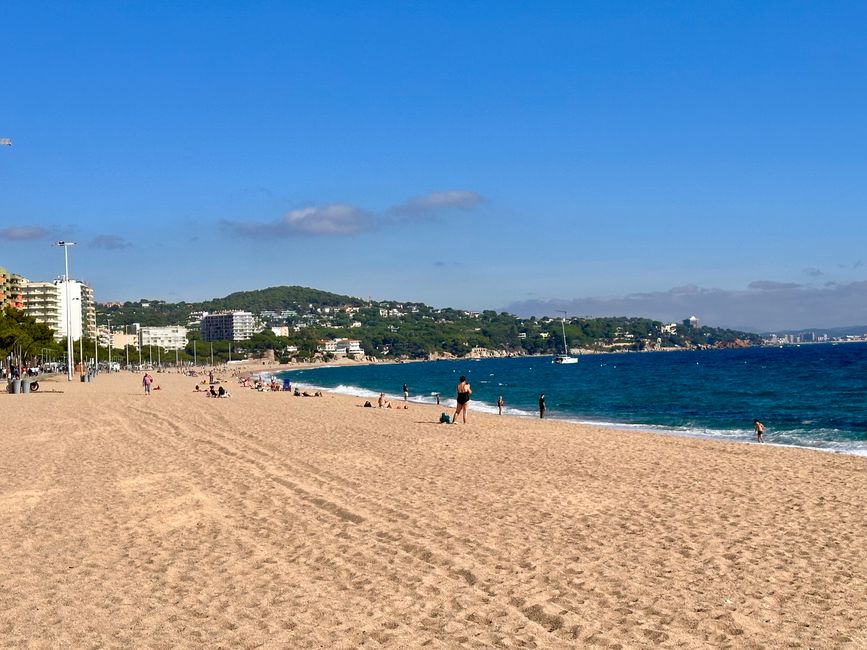
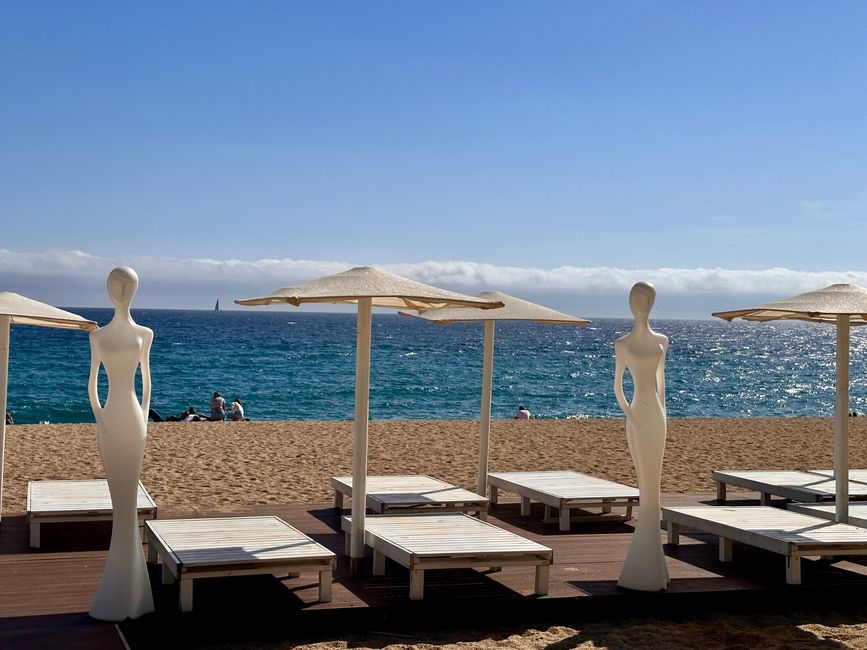
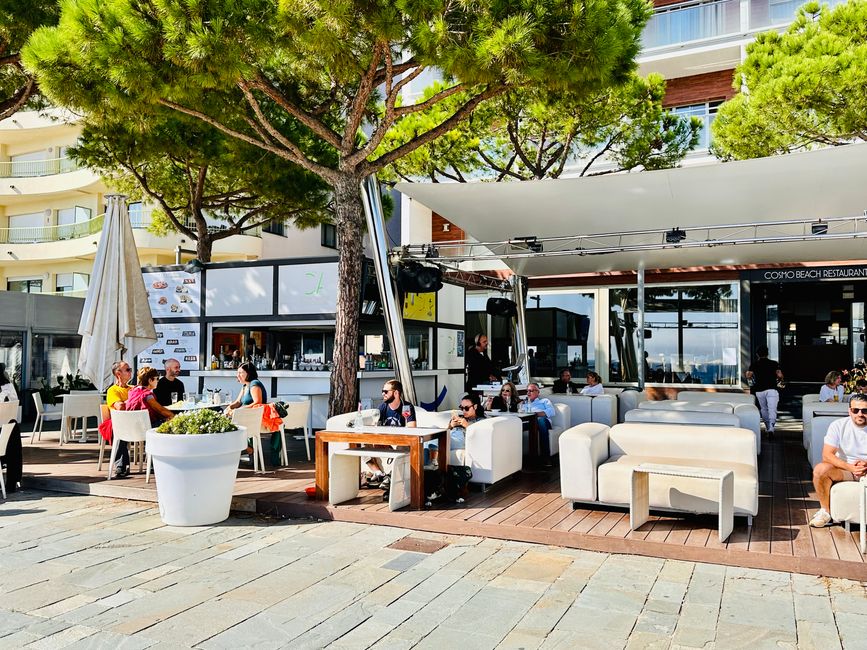
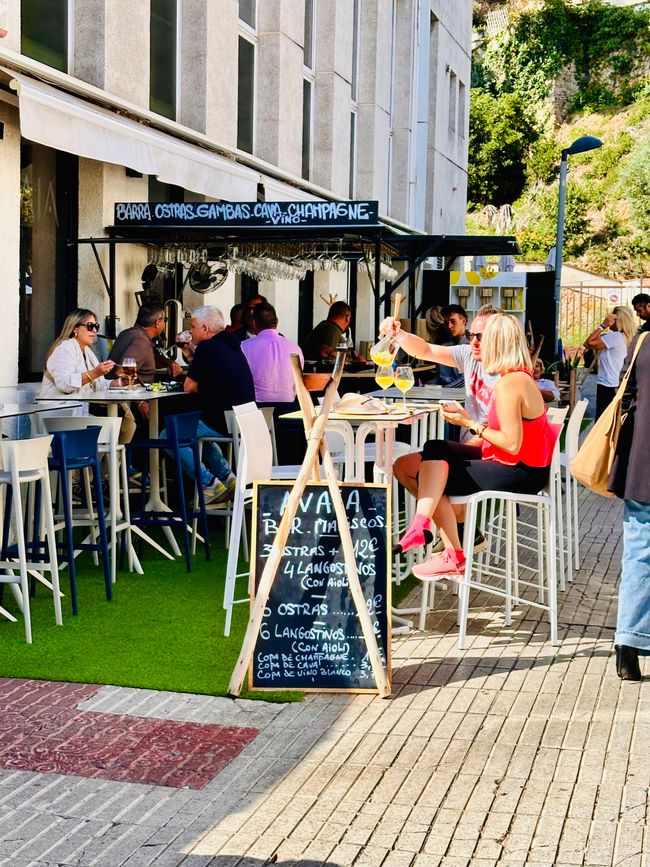
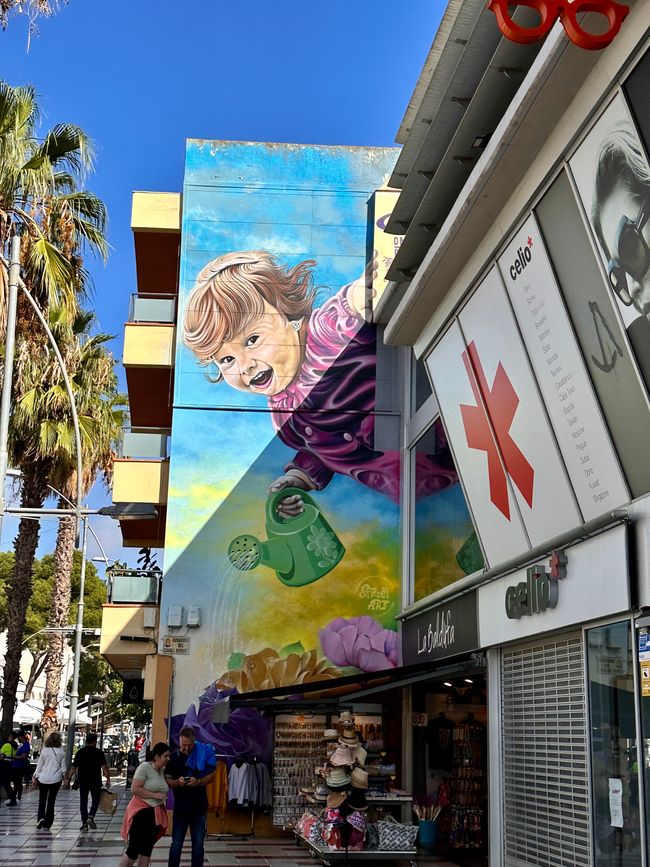

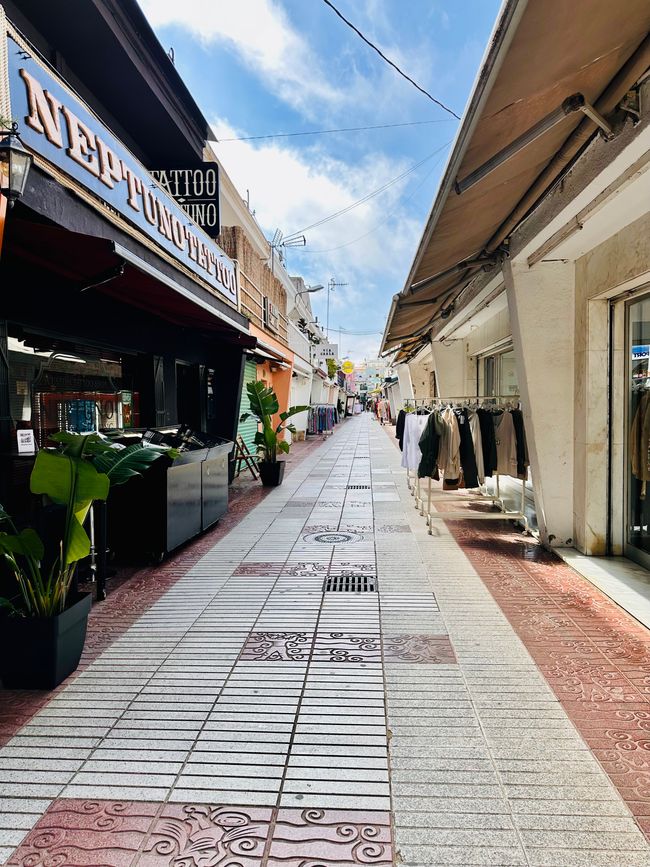

Wɔ Nudɔdɔ na Nyadzɔdzɔgbalẽ
Today we cruised down the 322 meters of the mountain and drove to Platja d'Aro. A huge holiday resort on the kilometer-long Playa D'Aro. It's quite lively around the main street with its countless shops, bars, restaurants, and clubs. It's Sunday, and the Spaniards are out and about; otherwise, it’s currently the off-season, and there are generally few tourists.

The beach promenade is actually very nice with cafés and restaurants, if it weren't for the many construction flaws.
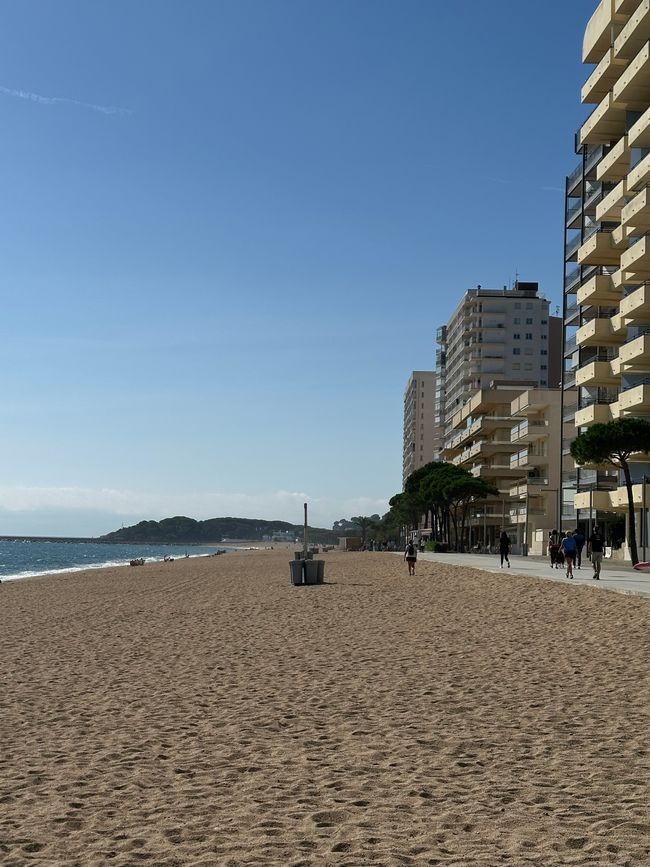
The “construction flaws” on the Costa Brava refer to the massive development failures in construction that have particularly emerged along the Catalonian coastline since the 1960s. This region, extending from Blanes to the French border, has been heavily affected by construction projects spurred by the growing tourism in Spain, which paid little regard to the environment, the aesthetics of the landscape, and regional architecture.
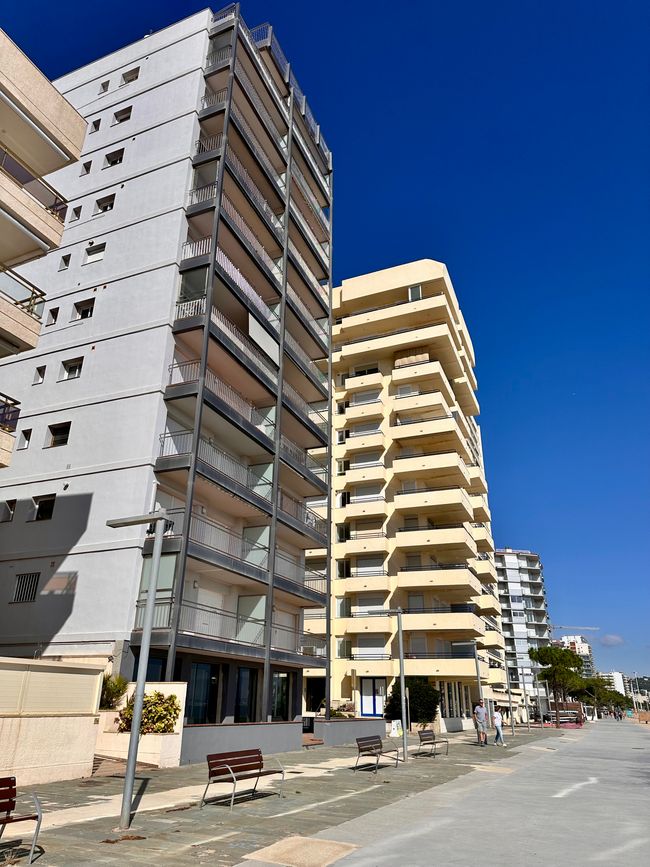
With the advent of mass tourism in the 60s and 70s, many high-rise buildings, hotel complexes, and holiday apartments were erected. Many of these buildings are visually inappropriate and do not blend harmoniously into the landscape.
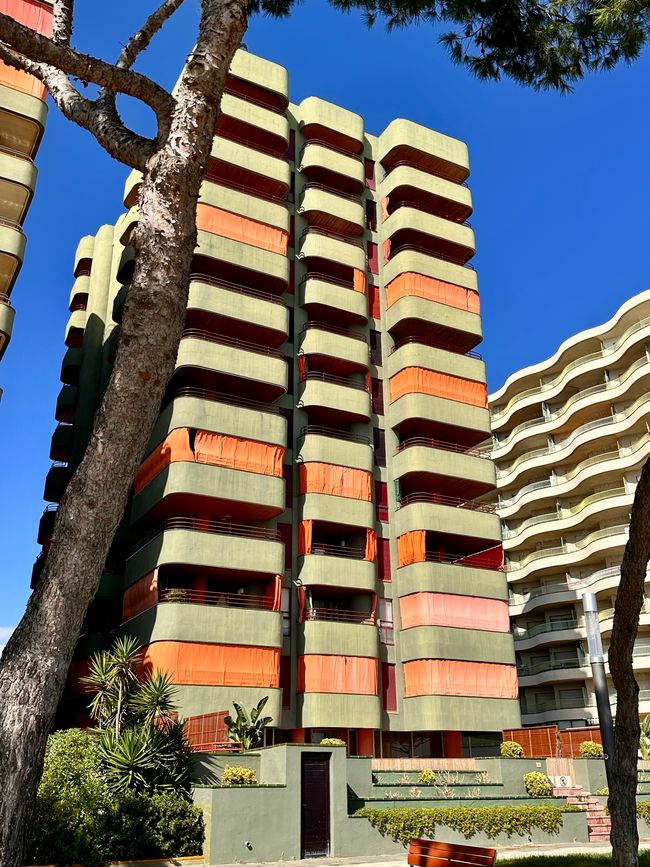
In many areas, beach sections and hills have been densely developed. This has not only significantly altered the landscape but also caused environmental issues such as erosion and the destruction of ecosystems. The natural space, once characterized by pine forests and rocky coasts, has been replaced by concrete in many places.
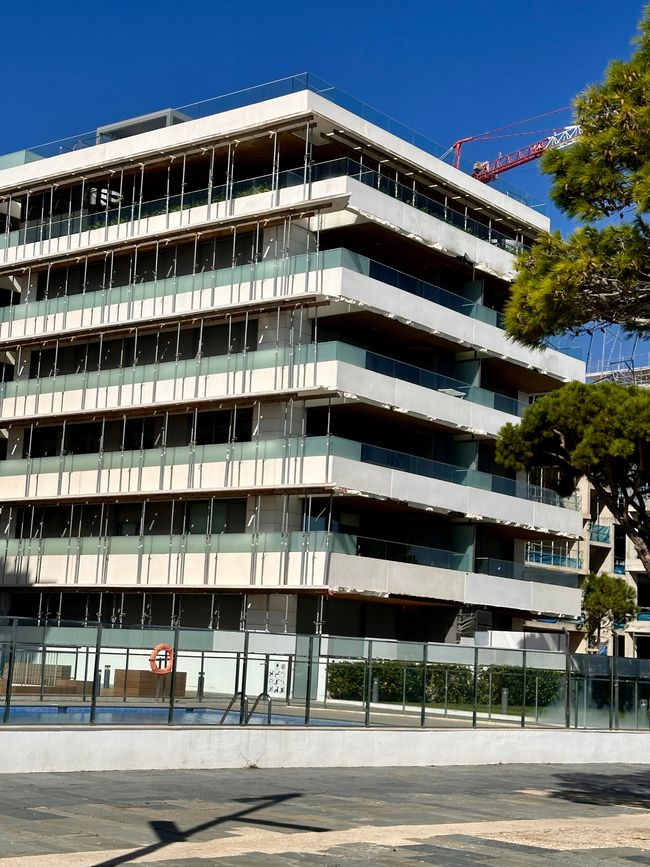
Many of these construction projects were developed without long-term urban planning or consideration for ecological impacts. In the early years of tourist development, there were often only weak environmental laws, or they were circumvented to achieve quick profits.
The rapid expansion often led to overloading of local infrastructure, such as roads, sewage systems, and supply services. This, in turn, led to further ecological problems, especially in the summer months when the tourist population surged.
However, in recent decades, there have been efforts to reverse or at least mitigate these developments. Stricter building regulations and environmental protection measures have been implemented, and some of the most affected areas have attempted to repair the damage and promote a more sustainable tourism model. Nevertheless, the “construction flaws” on the Costa Brava serve as a cautionary example of how unchecked tourism and thoughtless building projects can permanently alter a landscape.
Despite the building development failures, there are numerous beautiful beaches on the Costa Brava that are known for their natural beauty and have managed to retain their charm even amid the challenges of mass tourism.
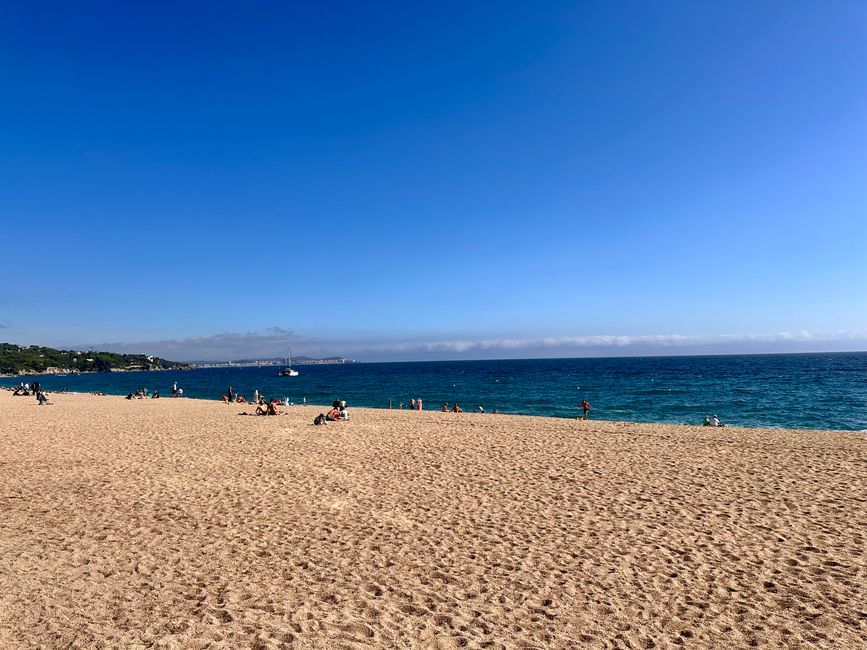
These beaches show that the Costa Brava still offers many natural and idyllic spots worth visiting despite the architectural changes in some areas. The coast remains popular for its scenic beauty, and many of the beaches are well-preserved natural paradises.
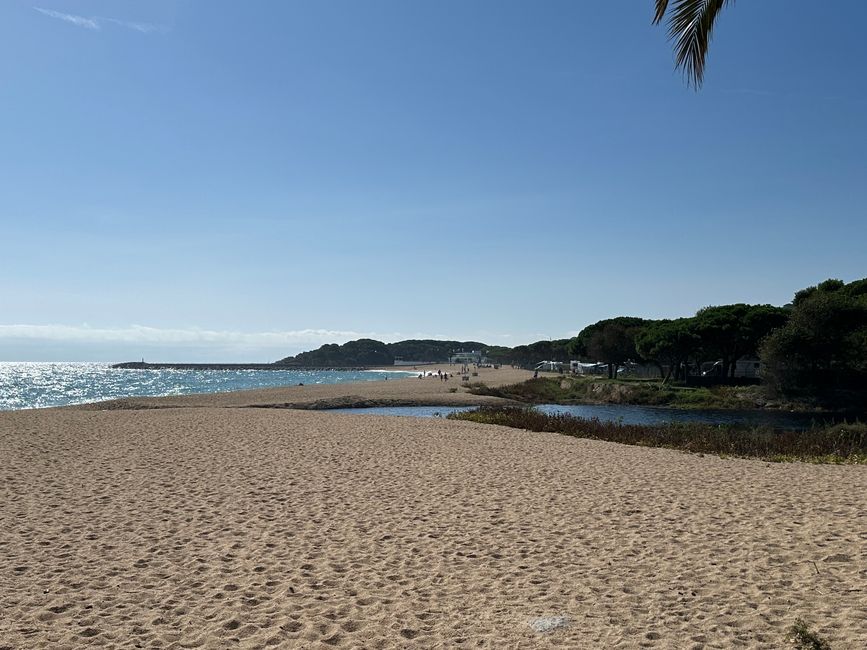
On our “to-do list” are some of these, and I will report on them later.
On Sunday evening, our golf tournament week starts with a welcome cocktail, information about the tournament week, followed by a welcome dinner at the restaurant of the resort. 25 golfers from Germany, the Netherlands, Belgium, and Switzerland are participating. The week will be exciting. In any case, the dinner and the beautiful menu were a complete success.
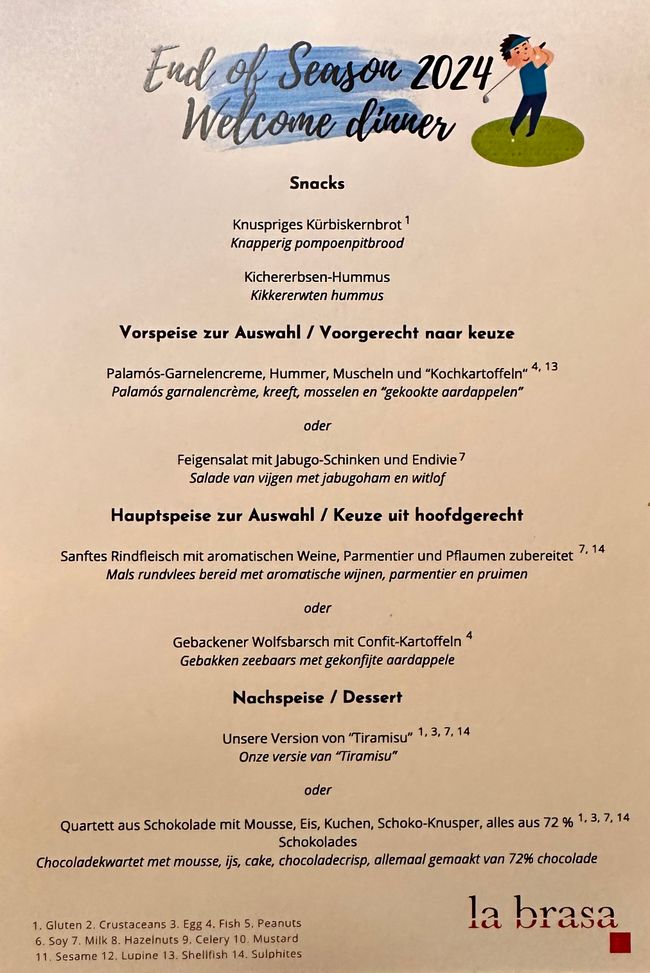
Wɔ Nudɔdɔ na Nyadzɔdzɔgbalẽ
Ŋuɖoɖo
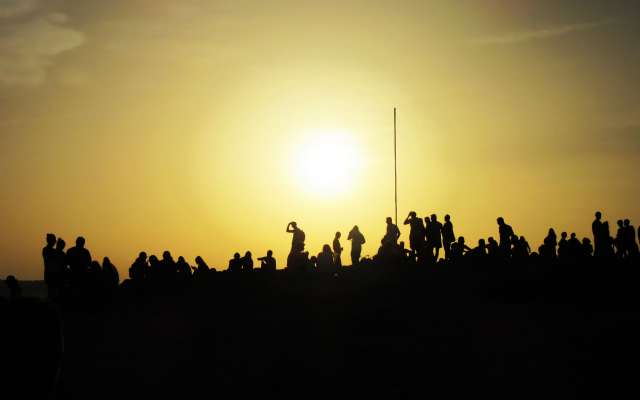
Mɔzɔzɔ ŋuti nyatakakawo Spain
